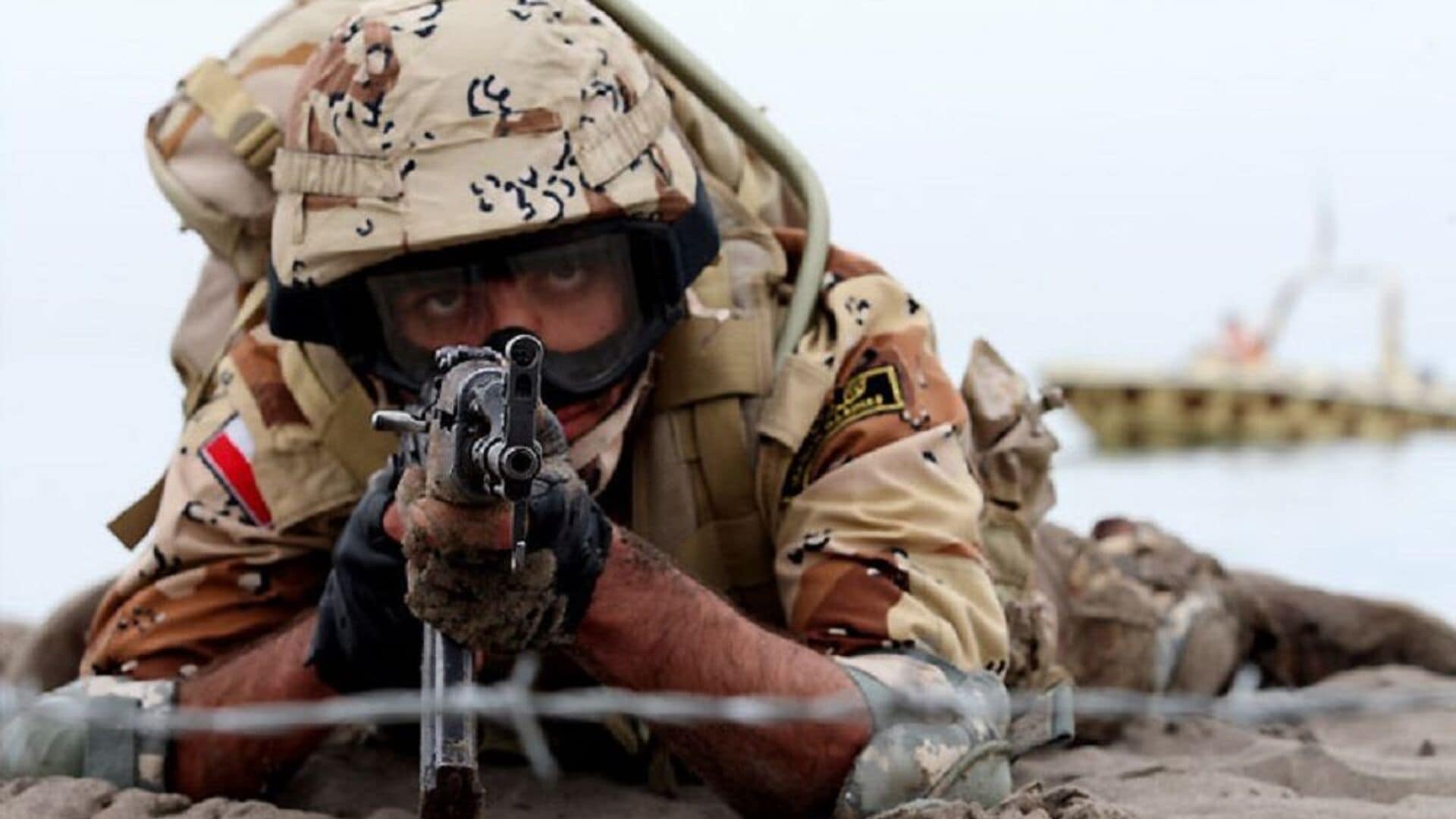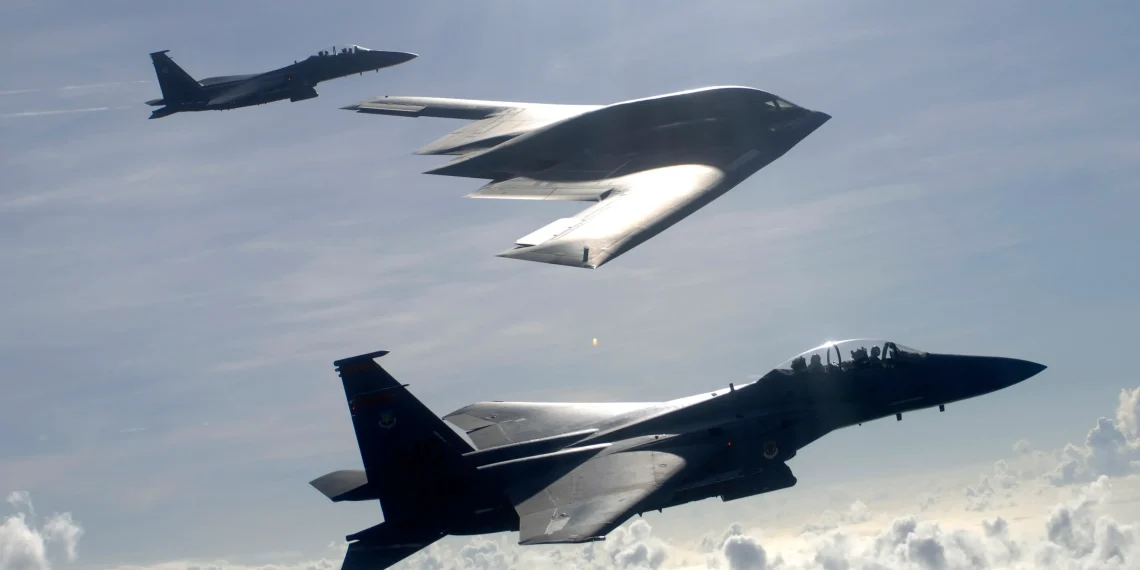In a significant escalation, the United States launched airstrikes in Iraq and Syria targeting over 85 sites linked to Iran’s Revolutionary Guard (IRGC) and its supported militias. The strikes, employing long-range B-1 bombers flown from the U.S., were a response to a recent attack on U.S. troops by Iran-backed militants in Jordan, resulting in nearly 40 reported casualties.
The retaliation marked the first of its kind after Iran-backed militants’ assault in Jordan. The airstrikes, signaling potential future military actions, intensified the already complex conflict triggered by the Israel-Hamas war since October 7.
Iran condemned the attacks, labeling them as a “strategic mistake” that would escalate tension and instability. Iraq formally protested, and its Popular Mobilization Forces reported 16 members killed, including fighters and medics. Syria witnessed 23 casualties, predominantly guards protecting the targeted locations.
U.S. Lieutenant General Douglas Sims reported apparent success in the strikes, causing significant secondary explosions. The Pentagon clarified its avoidance of seeking war with Iran, emphasizing the response to attacks on American forces.
Despite concerns, the U.S. sees the Iranian policies as counterproductive to its national security goals. The Western support for Israel faces criticism for lacking conditions or accountability, weakening their moral standing globally.

The U.S. Defense Secretary Lloyd Austin conveyed that these strikes were the beginning of the response, emphasizing the U.S. President’s intolerance for attacks on American forces. Meanwhile, Iran’s President Ebrahim Raisi assured that while Iran won’t initiate a war, it would respond robustly to bullying.
As the conflict unfolds, tensions rise globally, with allies expressing support for the U.S. while cautioning against further escalation. The situation remains volatile, with the U.S. indicating more actions against the IRGC and its affiliates in the future





